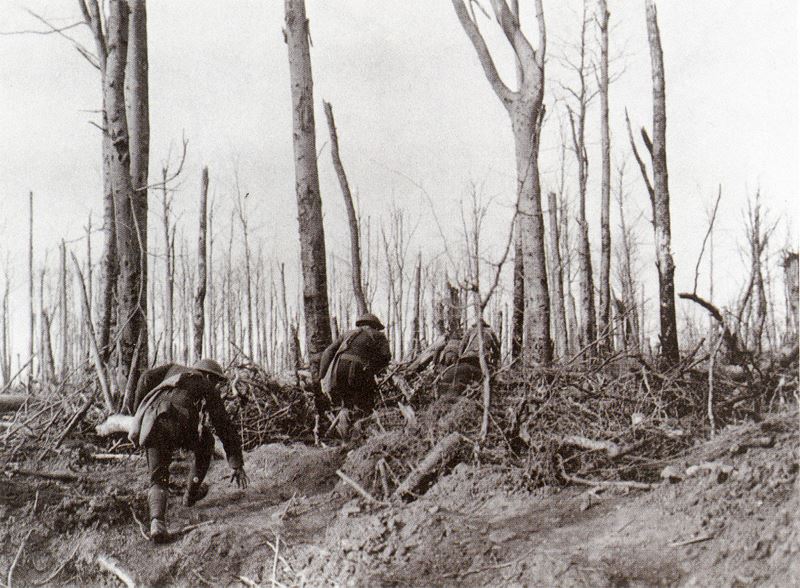
Meuse-Argonne Offensive
The Meuse–Argonne offensive (also known as the Meuse River–Argonne Forest offensive,[6] the Battles of the Meuse–Argonne, and the Meuse–Argonne campaign) was a major part of

The Meuse–Argonne offensive (also known as the Meuse River–Argonne Forest offensive,[6] the Battles of the Meuse–Argonne, and the Meuse–Argonne campaign) was a major part of
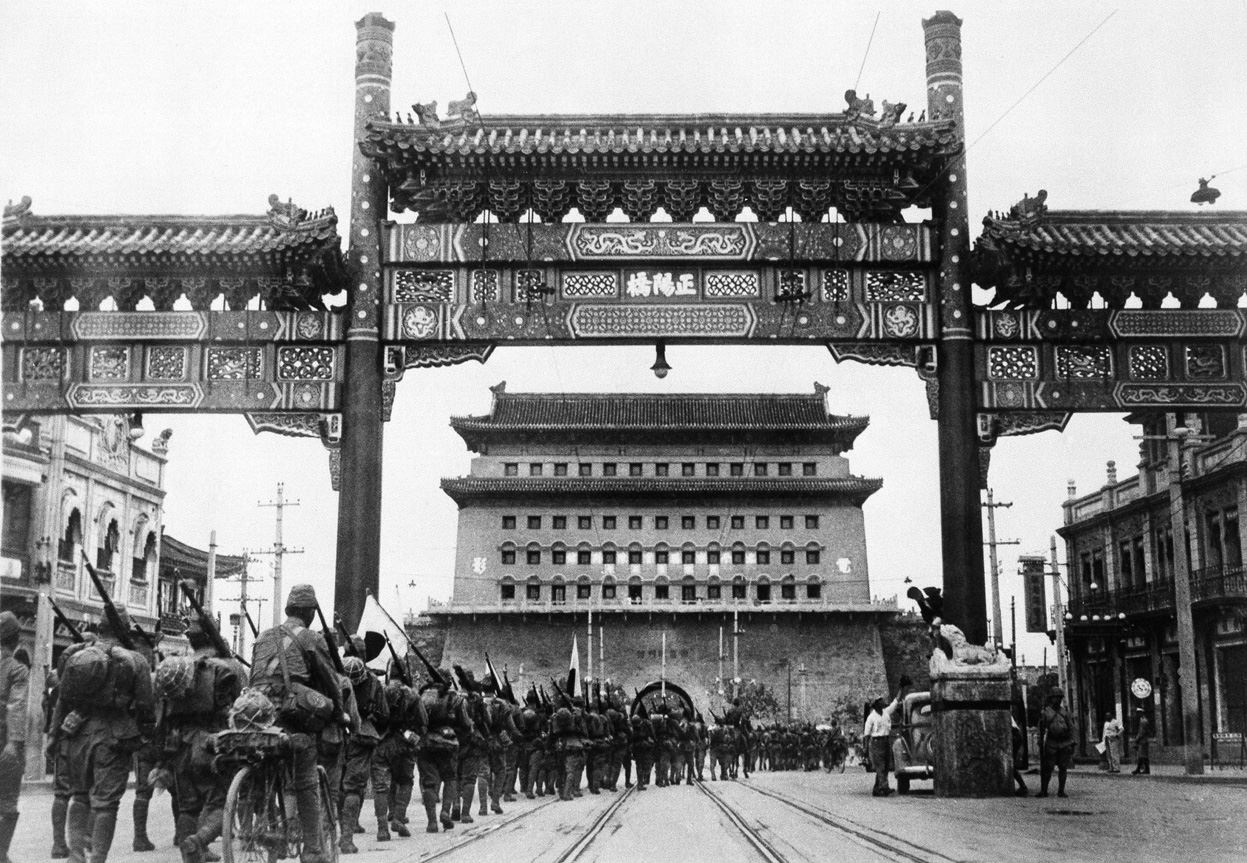
causes of World War II, a global war from 1939 to 1945 that was the deadliest conflict in human history, have been given considerable attention
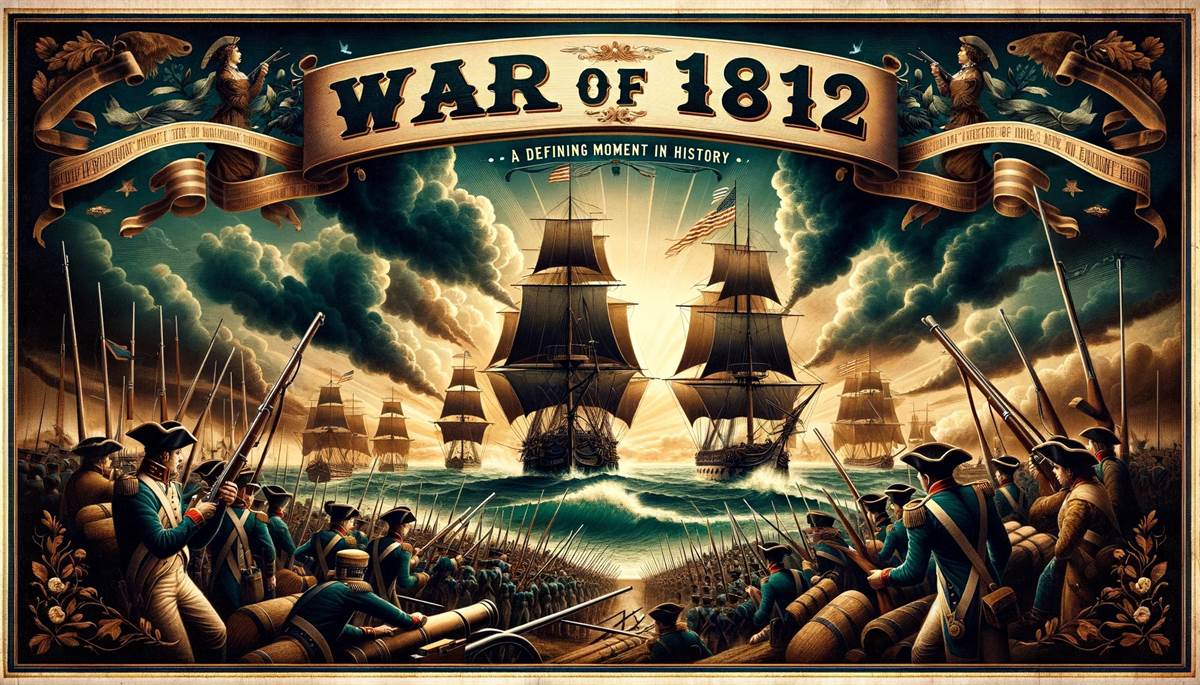
Table of Contents Introduction The War of 1812, often overshadowed by the Revolutionary War and the Civil War in American history, remains a significant conflict
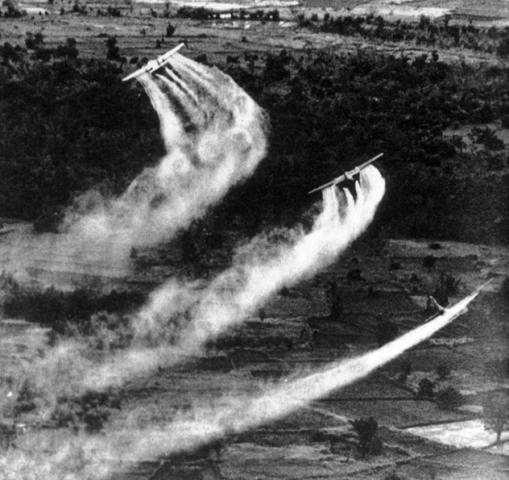
Table of Contents Operation Vulture was the name of a US operation planned to rescue French troops from a B-29 raid into the Philippines during
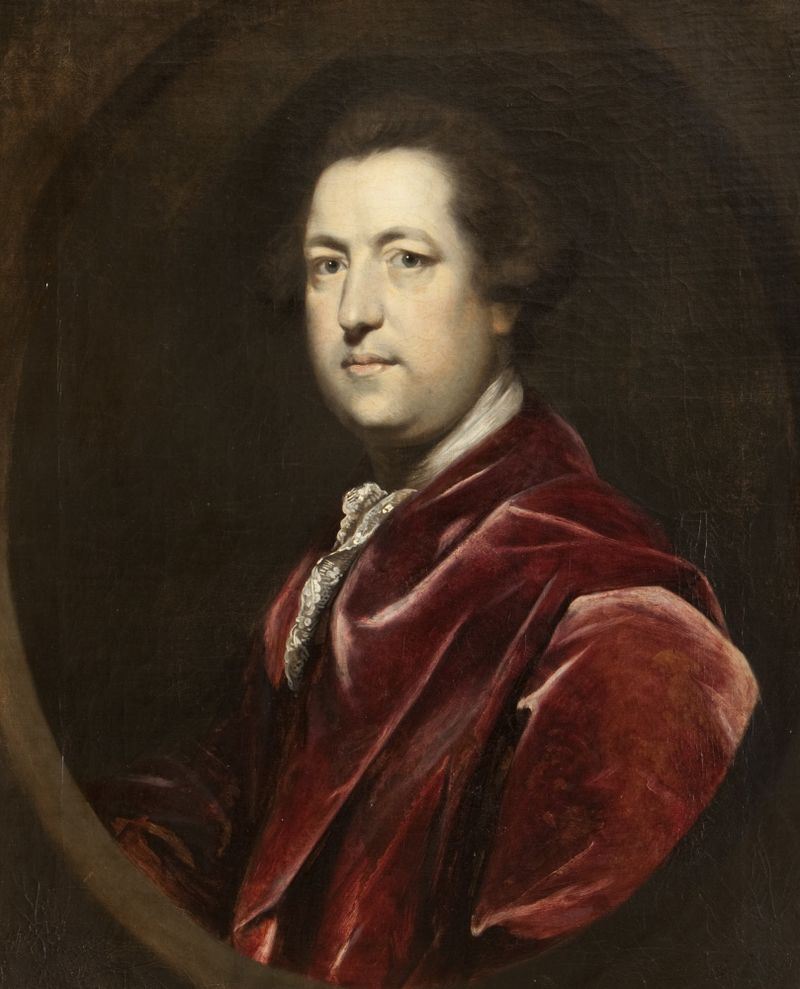
The Townshend Acts met stiff resistance in the colonies, and public opposition to them was widely debated in colonial newspapers. Opponents of the Acts gradually
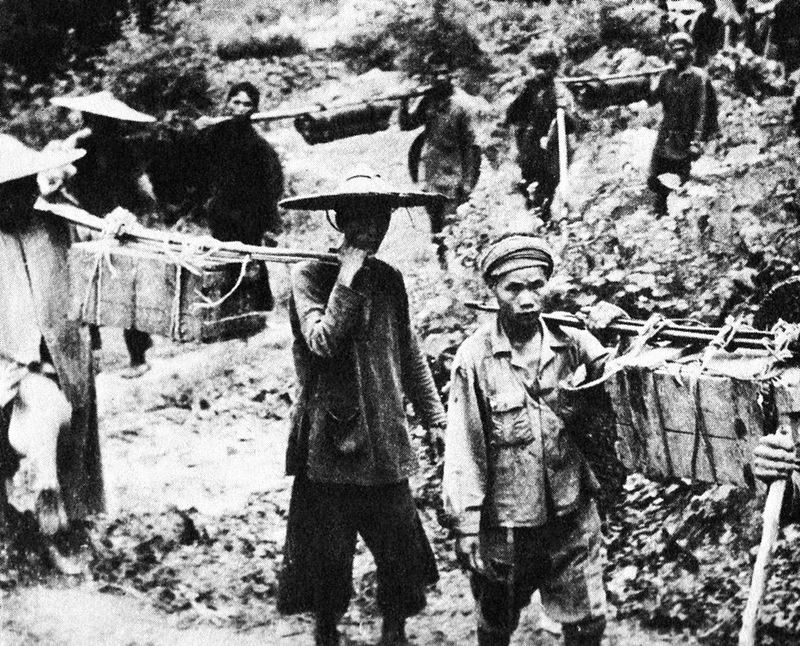
Fighting broke out all along the border with North Vietnam.[1] North Vietnamese Army regular units participated in attacks on July 28–31, 1959.[1] These operations established
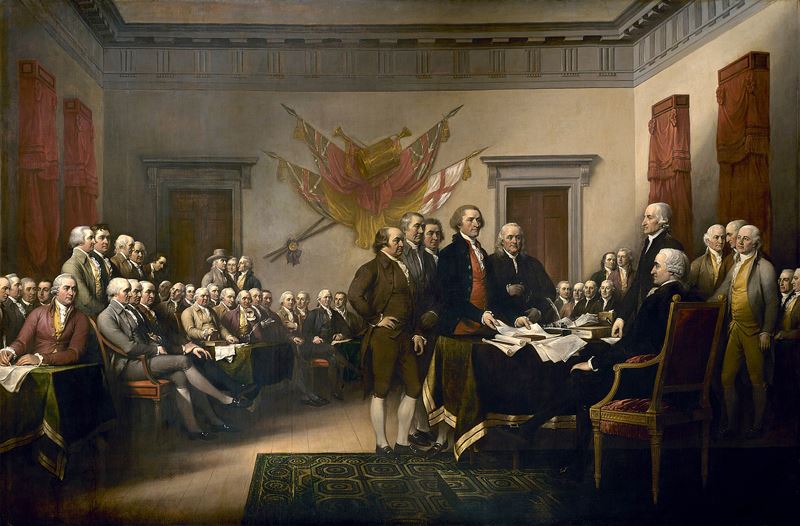
Timeline of the American Revolution — timeline of the political upheaval culminating in the 18th century in which Thirteen Colonies in North America joined together
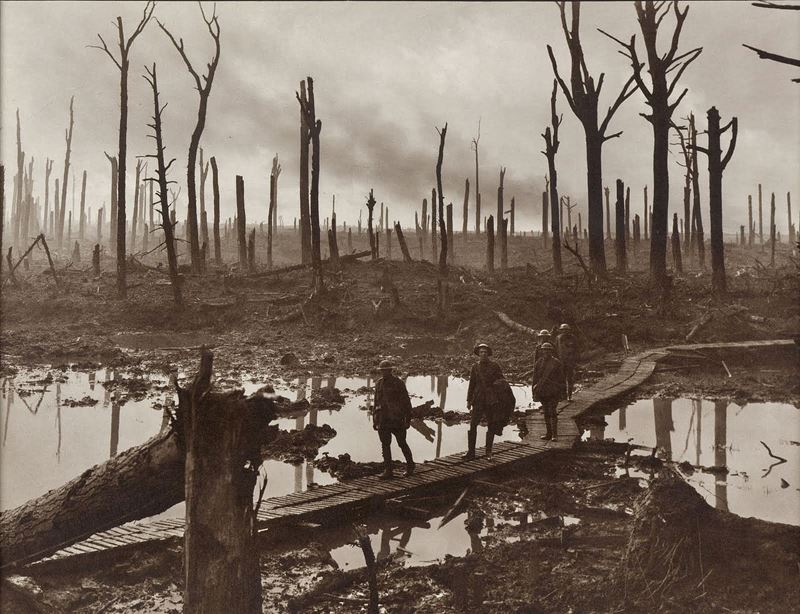
The Third Battle of Ypres (German: Dritte Flandernschlacht; French: Troisième Bataille des Flandres; Dutch: Derde Slag om Ieper), also known as the Battle of Passchendaele